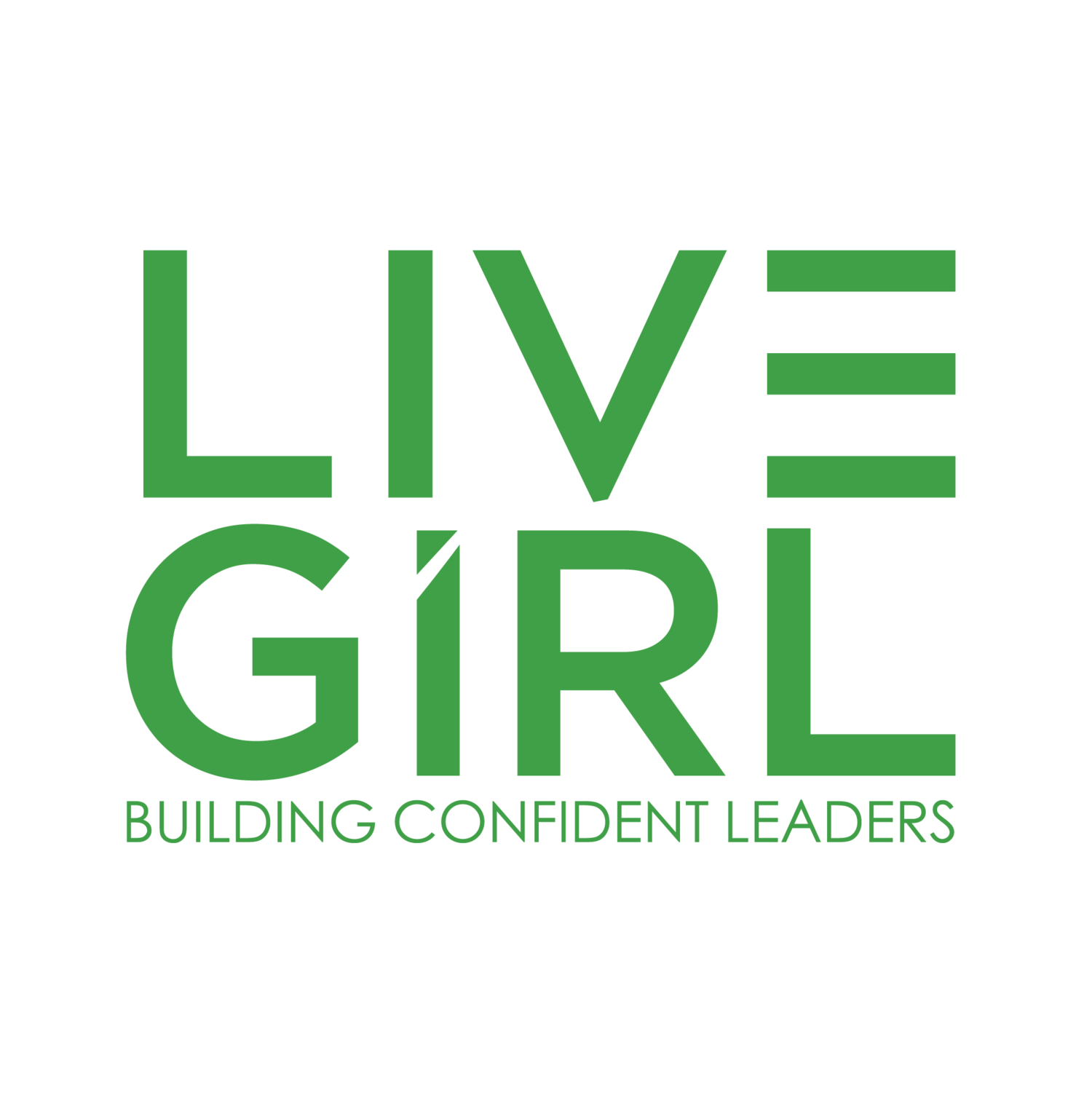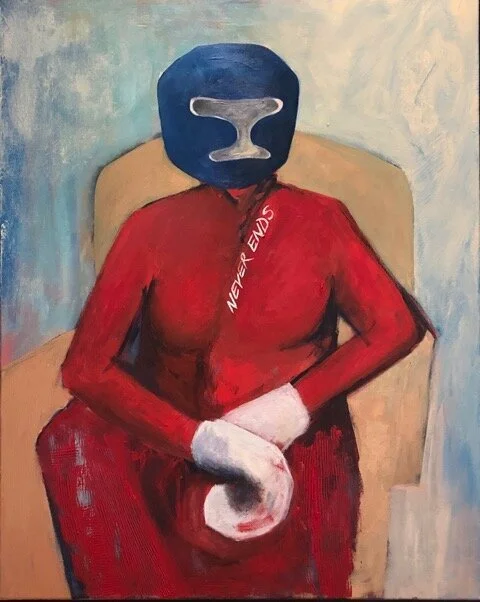Beth Louella
This segment is dedicated to highlighting inspirations of some of our favorite artists who have been featured in LiveGirl art exhibits. We are inspired by their work & are honored to learn a bit more on the artist behind the art! Be sure to join us for this year’s Virtual Art’s Benefit on May 31st at 2pm. Details at bottom of page!
Iranian born artist Afsaneh Djabbari-Aslani attended USCs Roski School of Art and Design, at the onset of the Iranian revolution. The upheaval in her native country culminating with the US embassy hostage crisis dramatically transformed her world, with significant influence on her artistic work.
Why art?
I was surrounded by art growing up. My father had a huge influence in my appreciation of art and art history. We would have no tangible history without art as humans always communicated in paintings long before the written language and literacy - which is still lacking in many parts of the world.
Describe a real-life situation that inspired you.
The Iran Revolution in 1979 had a huge impact on my art. I was more of a political artist in my youth bringing attention to what was happening in Iran. However, my life was threatened too many times and I stopped. I started working for United Nations Development Program and later Barnard College obtaining my Master’s in Public Administration from NYU, - yes 180 turn. Once I became a mother I went back to art and art history. I became involved again and started with landscapes and still life. The most inspiring image was when my three children were playing and I thought about all the freedoms they have and how easy it is to loose them. Hence my first set of paintings was born “Fragile Freedom”. That was the turning point.
What has had the biggest impact on your art?
Besides my children, the biggest impact has been the privilege of traveling. I travelled back to Iran after 37 years and talked to many young women 14-25 years olds. Having my then 20 years old daughter (who is also an artist/performer) with me made the conversations so much easier as their curiosity about us was just as intense as ours. Subsequently I traveled to other Middle Eastern countries and mostly talked to young women to get a feel of their situation. Besides, traveling abroad, I have also discovered how everything I fought for in my younger days remains a problem for my daughters.
What’s the best piece of advice you’ve been given?
Tenacity. My first boss at UN told me I was very tenacious and she said that was a good quality and I shouldn’t give it up even though it may irritate some people. With age I have learned when to curb that determination and when to push it.
What superpower would you like to have and why?
I thought very hard about this question. The super power I would like to have is “healing” - I would like to heal people from hatred, prejudice, racism, and sexism. I think these feelings lead to wars, violence and economic injustice. If we were more open minded as humans and not so engrossed in our own fears we would be able to solve many problems which currently plague us.
Visit our Virtual Arts Showcase May 27-June 7 courtesy of The Carriage Barn Arts Center.
And don’t forget to join us on Sunday, May 31st at 2pm on ZOOM for a virtual celebration of female power and the arts, featuring activist artist, TL Duryea, completing a live masterpiece. Plus, TL will preview the 100+ art collection, including New Orleans pop art phenomenon, Ashley Longshore. Art for sale!
This very special Zoom event features Fran Hauser - media executive, startup investor, and best-selling author of The Myth of the Nice Girl. Fran redefines our outdated notions of what a powerful leader should look like. Also poetic activist, Cheyenne Tyler Jacobs, and singer, Victoria Iparraguirre will be sharing their talents.
















